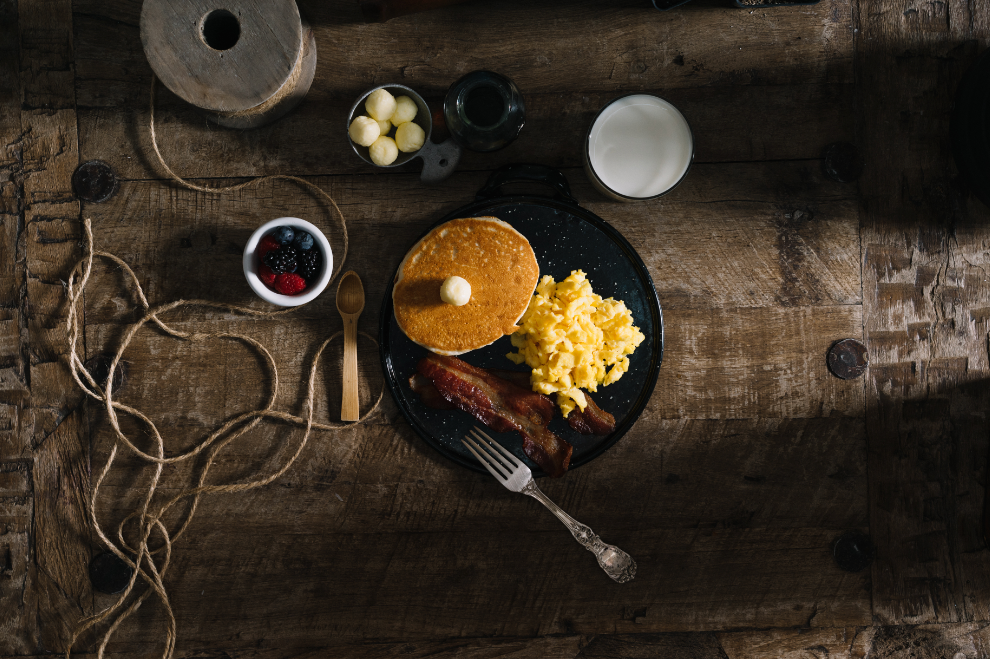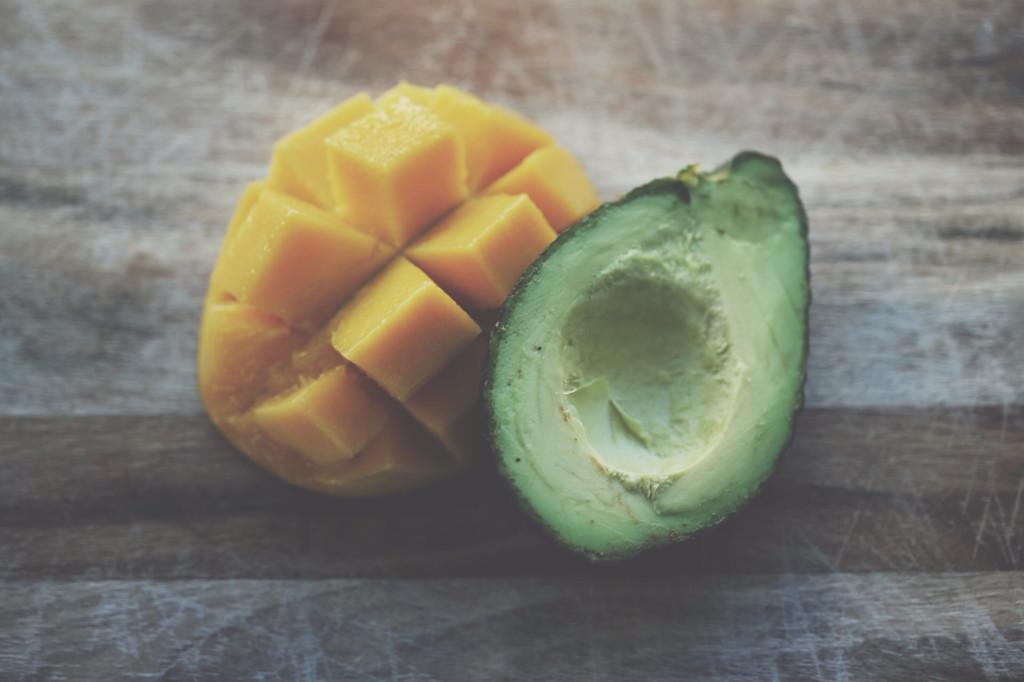College Students: Here’s How The Food You Eat Impacts Your Performance

You are what you eat.
Anthelme Brillat-Savarin, French lawyer, politician and author first said this in his book The Physiology of Taste.
Plainly put, this saying means if you eat healthy, you’ll be healthy, or if you eat poorly, you’ll feel (and look) poorly. Being in college is a stressful time. Between exams, part-time jobs and catching up on sleep; one may not always have the time to sit down and indulge in a full course meal and still manage to submit work on Blackboard before the 11:59 p.m. deadline.
It’s easy to just swipe your card at retail in the student union and stuff your face with a quesadilla every day, but those unhealthy on-the-go meals will catch up to you and slow you down. You don’t want your poor diet, or even the lack of a diet to be the cause of poor performance in your academics or even at work.
Summer Neu, Co-President and Jessica Page, Treasurer of the Buffalo State College Nutrition Club provided insight on how an imbalanced diet can affect your day-to-day life.

Her Agenda: Breakfast is considered the “most important meal of the day.” How does eating breakfast ensure that you’ll have a better day compared to someone who hasn’t?
Summer Neu: Breakfast ensures your body has maintained adequate energy. Not eating breakfast can be especially distracting during class if you tend to have loud or painful symptoms of hunger. [As a result] you may lack the focus needed to absorb the material you are learning in class. Constantly looking at the clock to leave, distracted with thoughts of food will ultimately result in poor performance. For most college students breakfast is the most important meal of the day because not all of us are here to study, a number of students are athletes as well as members of important groups on campus. Satiety will ensure you are focused, full and happy.
Her Agenda: What breakfast foods will give you “good” energy, and which ones will cause you to be sluggish?
Summer Neu: Good breakfast foods for students may include nuts, fruits, grain products and vegetables. For example: avocado, eggs, whole wheat toast, granola, yogurt. Pairing items such as these will provide protein and carbohydrates which will result in a full feeling. Poor food choices include items that may be high in sugar for example candy, energy drinks and soda.
Her Agenda: What are some “brain foods” you suggest to eat before studying and/or taking exams? Briefly explain what each food does for the body.
Summer Neu: Bananas- Electrolytes, helps maintain interstitial fluids. Oatmeal- Increased satiety, low sugar, low fat. Fruits- Sugar, fiber and anti-oxidant properties result in in clean energy. All complex carbs which slowly elevate your glucose levels while ensuring your brain is not bogged down by high fat content. Also, food with high water content will help maintain hydration.

Her Agenda: Can diet affect your overall mood? If these foods do affect your mood, how will it interfere with your performance in school?
Summer Neu: Foods affect your brain chemistry, lack of glucose can result in headaches and bodily cramps. Foods that are alkaline (basic) will decrease inflammation. Processed foods and items that contain empty calories will ultimately create a highly inflamed internal system, items like certain meats, candies, cookies, cakes and most importantly alcohol.
A number of college students drink and should be aware that there are immediate effects of intoxication as well as delayed effects, the following days digestion will be affected as the liver processes both alcohol and fat. Maintaining a well-balanced diet will help you maintain good grades, and nothing would make you feel better than spotting your name on the dean’s list at the end of the semester.
Finding time to go to the dining hall or cook in your dorm can be a hassle with the pressure of assignments having to be submitted, rushing to work straight after class and trying to keep up with your social life, but don’t run on E while attempting to live a well-rounded college experience. Here are some tips to help you create healthier eating habits during these times:
- Pencil in time to actually sit down and eat. It may sound silly, but sometimes the day slips away from you, and the next thing you know your first meal of the day is dinner. If you set aside time to eat, you’ll have time to sit down, rest your brain and get a good meal in.
- Substitute the burgers, wings and fries from retail with a salad from retail. It’s still an on-the-go meal, but you’ll get your daily dose of vegetables while filling yourself up.
- Don’t always rely on retail food. Most of those places are fast food and don’t really provide you with healthy eating options—and no, getting lettuce on a bacon cheeseburger doesn’t make it healthy. Besides, the menu in dining changes daily, providing you with new options every time you go. They also have a salad and fruit bar so you can catch up on the nutrients you may be missing.
- Evening classes don’t have to be a problem anymore if you take snacks with you. Buy your favorite fruit from the grocery store, it’ll be refreshing and satisfy your sweet tooth. You can also make your own trail mix with nuts, craisins/raisins, and maybe even popcorn to feed into your junk food obsession.
- Bring a bottle of water to class to stay hydrated.
- Don’t have a meal plan but have a kitchen in your dorm? Put it to use! If you’re running out of different meals to cook, Pinterest can be your best friend. Search terms like “healthy college meals” or “healthy meals on a budget” and you’ll instantly get hundreds of easy, affordable recipes.
Follow these steps to create a diet that works for you and your budget. Happy eating!





